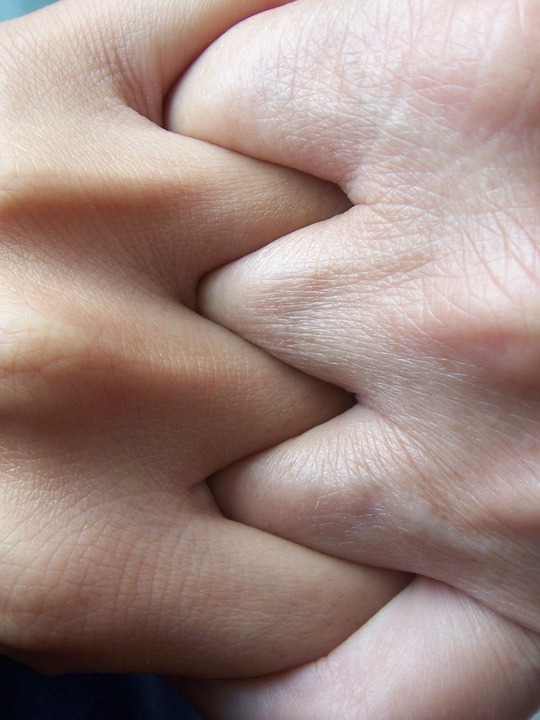The International Human Solidarity Day
The International Human Solidarity Day (IHSD), observed on December 20, is an international annual unity day of the United Nations and its member states introduced by the general assembly during the 2005 World Summit. It was established on December 22, 2005. Its main goal is to recognize the universal values of poor by making the associated countries aware of reducing poverty and to formulate its countermeasures as signed by the independent states. IHSD is a part of World Solidarity Fund and United Nations Development Programme focused on to achieve goals set for worldwide poverty eradication.
The UN emblem may be found in material promoting International Human Solidarity Day. The emblem consists of a projection of the globe centred on the North Pole. It depicts all continents except Antarctica and four concentric circles representing degrees of latitude. The projection is surrounded by images of olive branches, representing peace. The emblem is often blue, although it is printed in white on a blue background on the UN flag.
The General Assembly of December 22, 2005 by resolution 60/209 recognized solidarity as one of the fundamental and universal values and proclaimed the International Human Solidarity Day. IHSD is held every year on December 20 to promote the importance of sharing and the culture of solidarity to combat poverty and to encourage governments, NGOs, and almost every individual to organise programmes and debates either on a national or international level so that poverty can be reduced by spreading the awareness. An individual can participate or celebrate the day either by contributing to education or help the poor. This day is also celebrated by helping socially or mentally challenged people. However, governments are much expected to respond the poverty and other barriers in society through Sustainable Development Goals, designed to facilitate good future for all.
According to the United Nations, the International Human Solidarity Day is a day to celebrate our unity in diversity. It is to remind governments to respect their commitments to international agreements. A day to raise public awareness of the importance of solidarity and to encourage debate on the ways to promote solidarity for the achievement of the Sustainable Development Goals including poverty eradication. It provides action to encourage new initiatives for poverty eradication.
Want to read more blogs like this? Check out our Blogs page, here you will find more such content.




 Each title in our collection is more than just a book - it’s a ‘green gift’, promoting mindful reading, sustainable values, and a culture of eco-conscious living. By gifting books, you open doors to new ideas, support lifelong learning, and nurture a more informed, compassionate, and environmentally aware individual.
Each title in our collection is more than just a book - it’s a ‘green gift’, promoting mindful reading, sustainable values, and a culture of eco-conscious living. By gifting books, you open doors to new ideas, support lifelong learning, and nurture a more informed, compassionate, and environmentally aware individual.